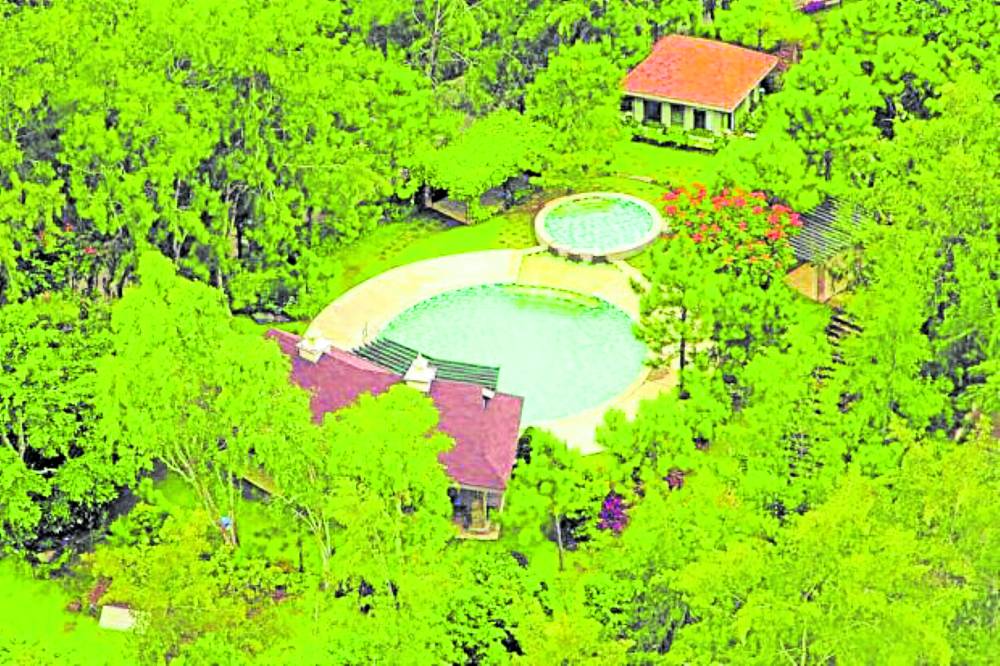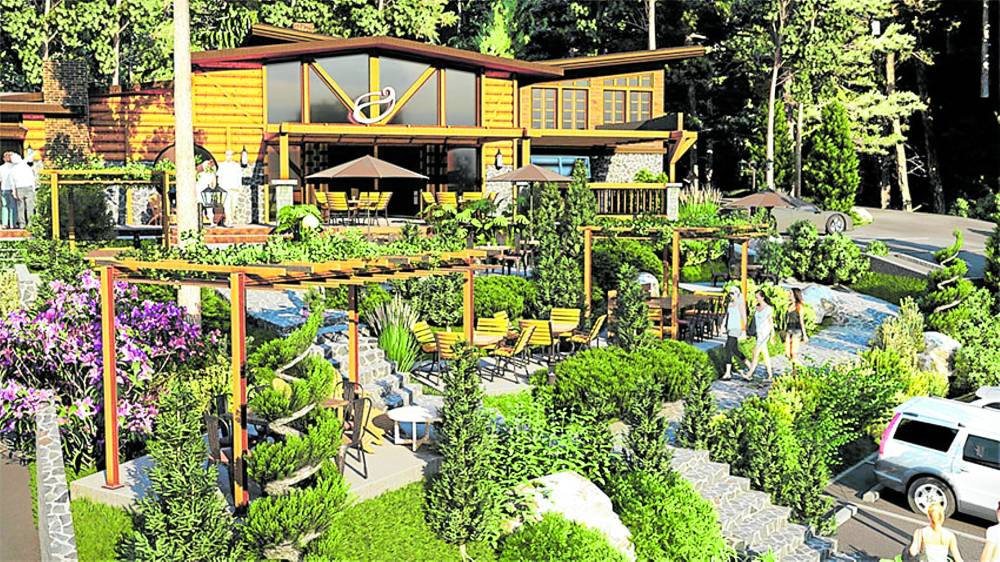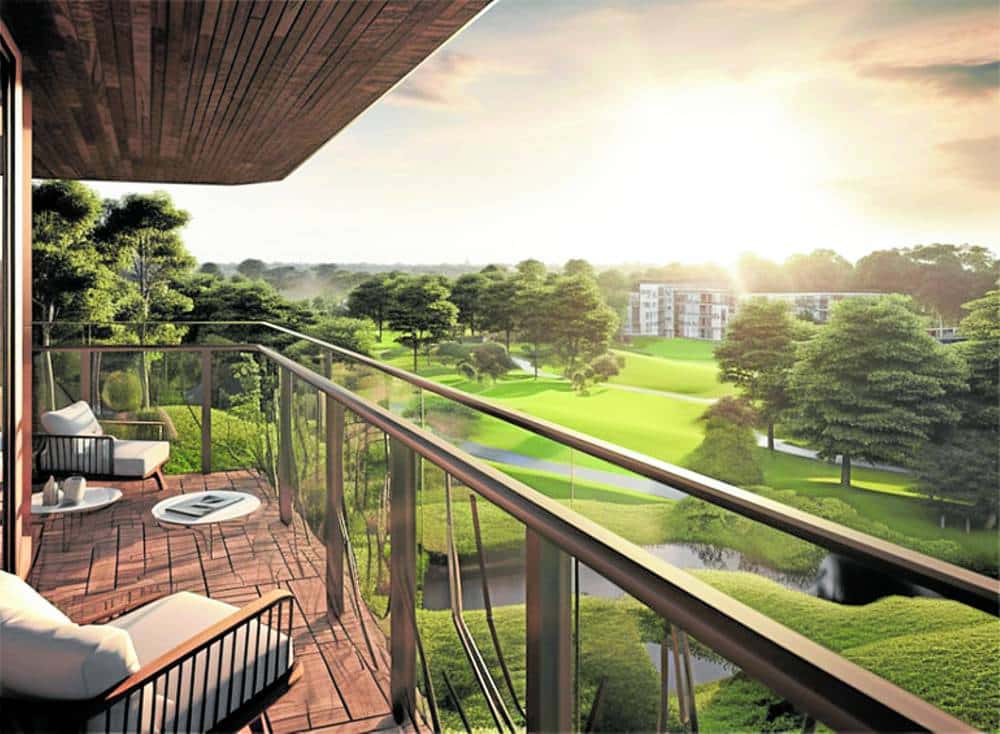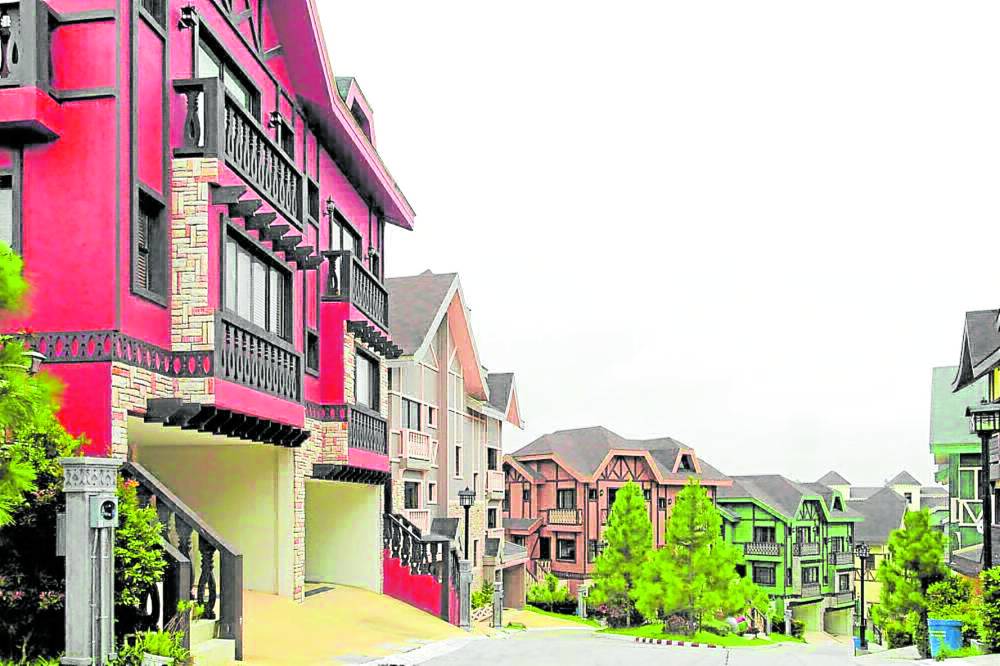The healing power of greenery
Exposure to natural environments significantly reduces stress levels. Living in spaces surrounded by nature—whether the majestic mountains, the tranquil sea, or lush gardens and forests—is a powerful antidote to stress.
Studies have shown that exposure to natural environments significantly reduces stress levels and profoundly impacts our mental well-being. For instance, people living near green spaces report lower stress levels and decreased cortisol, the stress hormone, which can lead to improved overall health and a more robust immune system. The natural scenery fosters calm and tranquility, a crucial element often missing in urban environments.
Mental health and cognitive benefits
The cognitive benefits of living close to nature are equally compelling.
Research indicates that natural surroundings enhance cognitive functions, such as attention and memory. Nature’s restorative qualities help combat mental fatigue, promoting clearer thinking and better decision-making.
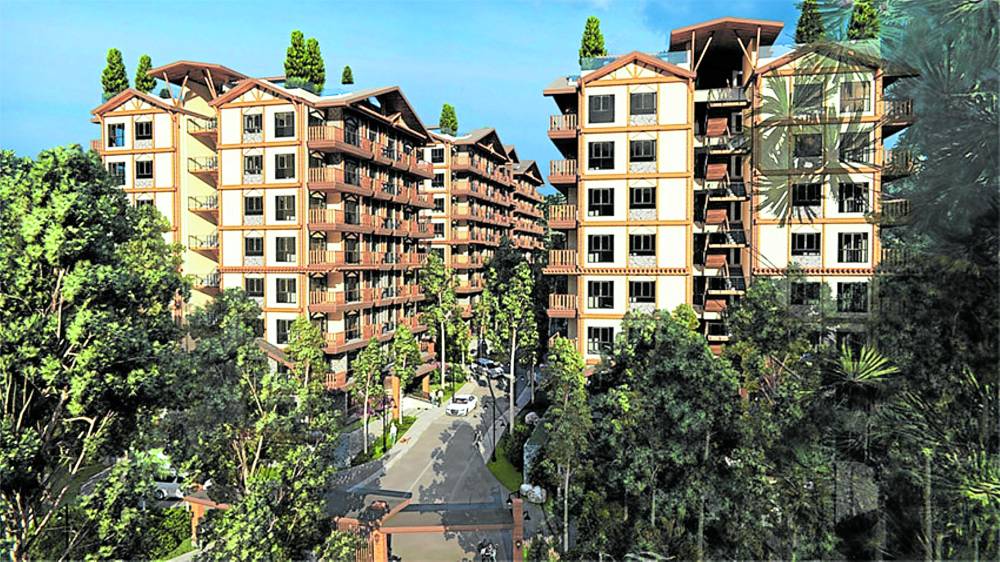
Lower density communities offer an attractive alternative to the bustling urban centers. (http://www.bernbaguiocity.com)
This observation is truly beneficial for children and adolescents, as it can significantly enhance their academic performance and alleviate symptoms of depression.
Fostering social connections
Communities nestled in natural settings often enjoy stronger social ties. Green spaces encourage outdoor activities and social interactions, fostering a sense of community. People in these environments report higher trust, cooperation, and civility levels.
Community activities like gardening projects, environmental conservation efforts, and outdoor festivals can center around nature. Natural environments encourage a strong sense of community and solidarity. Scenic spaces serve as communal areas where neighbors can interact, share experiences, and support each other.
These interactions build trust and cooperation, essential components of a cohesive community. Living in a close-knit community where nature is a shared asset fosters a sense of belonging and mutual respect among residents.
Physical health benefits
Nature also promotes physical health by encouraging outdoor activities. Hiking, biking, and walking in scenic areas provide excellent opportunities for exercise, which is essential for cardiovascular health. The clean air and reduced pollution in these areas further enhance respiratory health. Additionally, exposure to natural light helps regulate sleep patterns, contributing to better overall health.
Lower density living is the new deal
Lower density communities offer an attractive alternative to the crowded, bustling urban centers. These areas often prioritize landscaping–integrating natural elements into their design to create an environment that feels more open and less congested. The spaciousness allows for larger plots of land, gardens, yards, and recreational areas, making it ideal for families looking for a healthier and more balanced lifestyle.
Closeness and happiness
Nature improves physical health and enhances emotional well-being by fostering a sense of closeness and happiness among individuals and families. Living in a natural environment allows for more family time outdoors, engaging in activities such as hiking or exploring the surroundings. This shared time in nature strengthens family bonds, creating lasting memories and deeper connections.
Moreover, the peacefulness of natural settings promotes emotional stability and contentment. The calming effect of nature reduces anxiety and improves patience, contributing to a more positive outlook on life. This emotional well-being is contagious, spreading happiness within the home, the family, and the community.
The author (at www.ianfulgar.com) is a leading architect with an impressive portfolio of local and international clients. His team elevates hotels and resorts, condominiums, residences, and commercial and mixed-use township development projects with innovative, cutting-edge design and business solutions that have garnered industry recognition, making him the go-to expert for clients seeking to transform their real estate ventures

